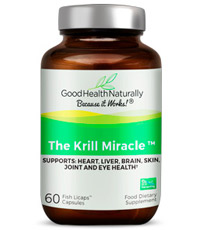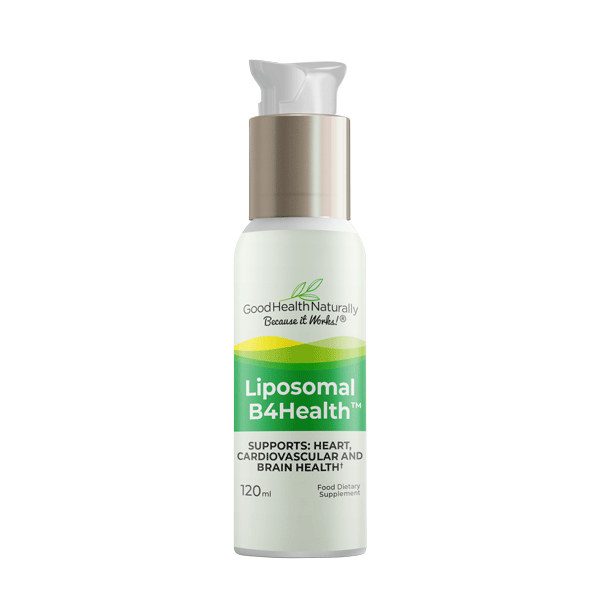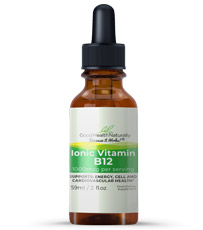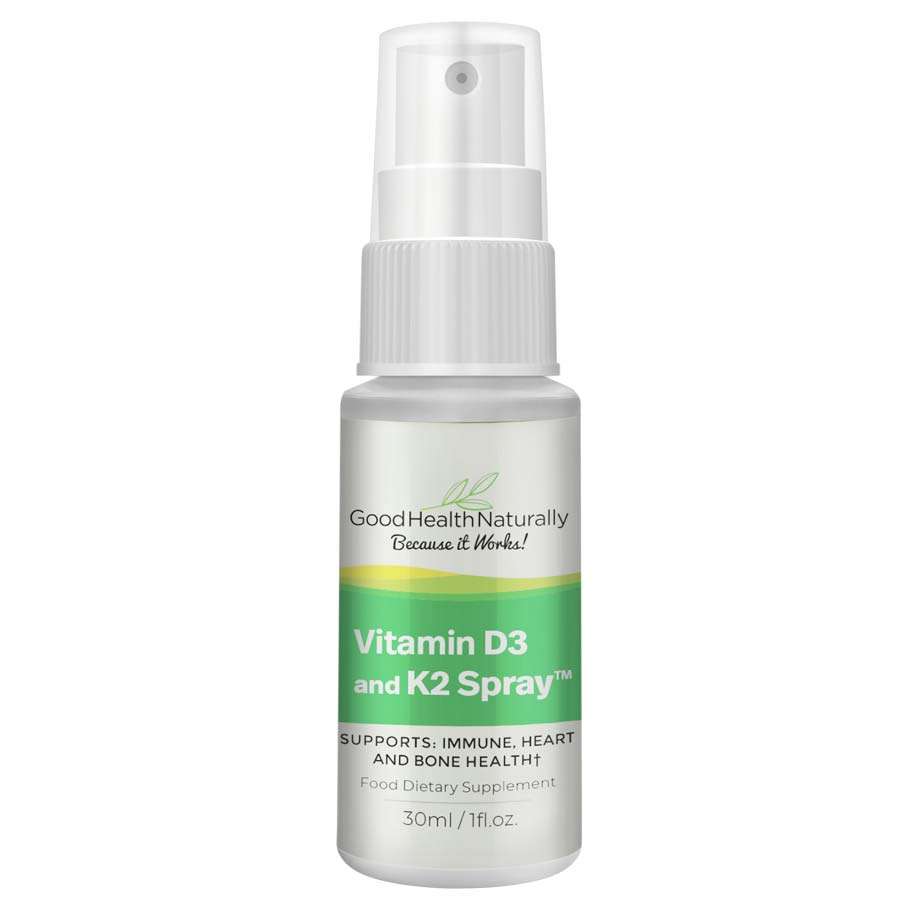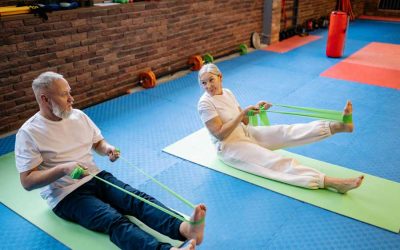October is World Menopause Month – this year the theme is cardiovascular health
Conversations about “the change” have certainly got louder thanks to celebrity “menopausers” like Davina McCall and Penny Lancaster. Even Rod Stewart is calling for “menopause classes” for men, so they can understand what their wives and partners are going through.
Oestrogen is involved in so much more than the reproductive system. It helps maintain things like skin’s moisture, mood and even bone and heart health. So, when levels start fluctuating and dwindling it should come as no surprise the effects are far-reaching. There’s been lots of talk about navigating symptoms like insomnia, fatigue, brain fog, joint pains, dry eyes and weight gain. With plenty of advice on how to protect bones and improve skin and hair quality during and after menopause. But, little is said about heart health. Did you know post-menopausal women have an increased risk of cardiovascular disease?
Oestrogen and heart health
Studies show premenopausal women have a lower risk of cardiovascular disease compared to men of the same age, but after menopause the risk increases, becoming comparable to men. Studies suggest it is the female sex hormones like oestrogen which may be providing some protection against heart conditions.
As people age blood vessels can become stiffer, oestrogen helps protect the lining of the artery walls from inflammation which reduces the build-up of plaque.
Blood pressure naturally rises with age too, but oestrogen helps the blood vessels relax and widen so blood can flow through them more easily. This helps keep blood pressure down.
Studies also show oestrogen seems to help regulate cholesterol and the metabolism of lipids in the liver. Menopause is associated with an increase in total cholesterol. In particular, an increase in LDL the “bad” cholesterol and triglycerides. With a decrease in HDL the ‘good cholesterol.’
It is easy to see once oestrogen production starts declining women will start to lose these protective benefits and could experience an increased risk of coronary heart disease, or circulatory conditions like stroke.
Take charge of your health
The great news is according to the World Heart Federation an estimated 80% of cardiovascular disease, including heart disease and stroke, is actually preventable. Following a healthy and active lifestyle can help protect the heart and reduce the risk of health problems.
Maintain a healthy weight
Not only is this beneficial for heart health, reducing the chances of developing high blood pressure, but it may also help lessen menopause symptoms.
Multiple studies show overweight women with a higher BMI or a greater percentage of body fat, reported more frequent hot flashes and night sweats, and their symptoms were more severe compared to women with lower BMIs and body fat.
Keep moving
Regular exercise can make the heart and blood circulatory system more efficient, lower cholesterol levels, and keep blood pressure at a healthy level.
Exercising becomes crucial as during menopause as there is a tendency for muscle mass to reduce meaning the need for calories declines. Exercise, especially resistance training can help preserve and build muscle mass. It has other benefits too: boosting mood, improving circulation regulating blood sugar levels and improving cardiovascular function.
Manage stress
Modern life is busy. Many women are struggling with work-life balance and simply not getting enough sleep or time to relax or exercise. But it is time to slow down. As the levels of oestrogen begin to drop, it becomes harder for the body to regulate cortisol levels as effectively as before, causing women to experience stress more readily. It is important to build resilience with deep breathing, meditation, yoga, Pilates, and tai chi and getting plenty of restful sleep.
Increase fruit and vegetables
Aim to eat a rainbow of colour every day. This will help ensure you are getting plenty of heart-healthy vitamins, minerals, phytonutrients and fibre. A good tip is to fill half your plate with vegetables at mealtimes. Always opt for organic where possible to reduce pesticide exposure, known endocrine disruptors which can negatively affect how hormones function.
Eastern wisdom
Women in Japan are amongst the healthiest in the world and tend to glide through menopause with few symptoms. It’s theorised this is because they consume high amounts of soybeans which contain phytoestrogens which can help lessen hormonal imbalance. These plant molecules have a similar chemical structure to oestrogen and bind to oestrogen receptors on cells. Research shows they may help reduce menopausal symptoms including hot flashes and night sweats. Other sources include edamame, miso, tempeh, tofu and flaxseeds.
Lifestyle may also play a part too as they are traditionally slimmer and fitter, they tend to eat a nourishing diet rich in omega-rich fish, and light carbs, with plenty of green vegetables. Of course, genetics may also play a role.
Heart Protecting Nutrients
The great thing about foods rich in phytoestrogens is that many of them contain other powerful plant nutrients, like omega-3 fatty acids, fibre, and antioxidants which all have benefits for heart health.
There is a lot of talk about vitamins and minerals recommended for bone health like vitamin D, K and magnesium, these are also heart-protective too. For example, optimal vitamin K is not only crucial for promoting the calcification of the bones, but it also helps avoid the build-up of calcium plaque in the blood vessels.
B vitamins are important too, especially B6, B12, and folate which help lower harmful levels of homocysteine in the blood. Homocysteine is an amino acid produced in the body when it breaks down dietary proteins. If there aren’t enough B vitamins it won’t be recycled and levels will build up. Elevated homocysteine has been linked to a higher risk for heart disease.
Not all bad news
In the end, the menopause is a natural part of the ageing process. Don’t forget there are things to celebrate too such as no more periods, PMS, or worrying about unwanted pregnancies. For some women, it can bring increased self-confidence, self-awareness, and greater freedom. Embrace it!
Sources
https://world-heart-federation.org/what-we-do/prevention/
https://www.ncbi.nlm.nih.gov/pmc/articles/PMC5655818/
https://www.ncbi.nlm.nih.gov/labs/pmc/articles/PMC5763482/
https://www.ncbi.nlm.nih.gov/pmc/articles/PMC6103796/#:~:text=Along%20with%20an%20increase%20in,an%20acceleration%20in%20vascular%20aging
https://www.fawcettsociety.org.uk/news/landmark-study-menopausal-women-let-down-by-employers-and-healthcare-providers
https://menopausesupport.co.uk/?page_id=60
https://www.ncbi.nlm.nih.gov/pmc/articles/PMC3554544/ https://pubmed.ncbi.nlm.nih.gov/3486095/
https://www.ncbi.nlm.nih.gov/pmc/articles/PMC4389700/
https://ods.od.nih.gov/factsheets/Omega3FattyAcids-HealthProfessional/2
https://www.ncbi.nlm.nih.gov/pmc/articles/PMC3899785/
https://www.menopausecentre.com.au/information-centre/articles/how-omega-3-can-provide-relief-for-menopausal-symptoms/
https://pubmed.ncbi.nlm.nih.gov/16828546/
https://www.ncbi.nlm.nih.gov/pmc/articles/PMC4832899/
https://pubmed.ncbi.nlm.nih.gov/22781782/
https://www.ncbi.nlm.nih.gov/pmc/articles/PMC3296386/
https://www.ncbi.nlm.nih.gov/pmc/articles/PMC5866170/
https://pubmed.ncbi.nlm.nih.gov/8865143/
https://pubmed.ncbi.nlm.nih.gov/34253105/
https://www.ncbi.nlm.nih.gov/pmc/articles/PMC6419242/
https://www.ncbi.nlm.nih.gov/pmc/articles/PMC2909186/
https://www.ncbi.nlm.nih.gov/pmc/articles/PMC6770181/


